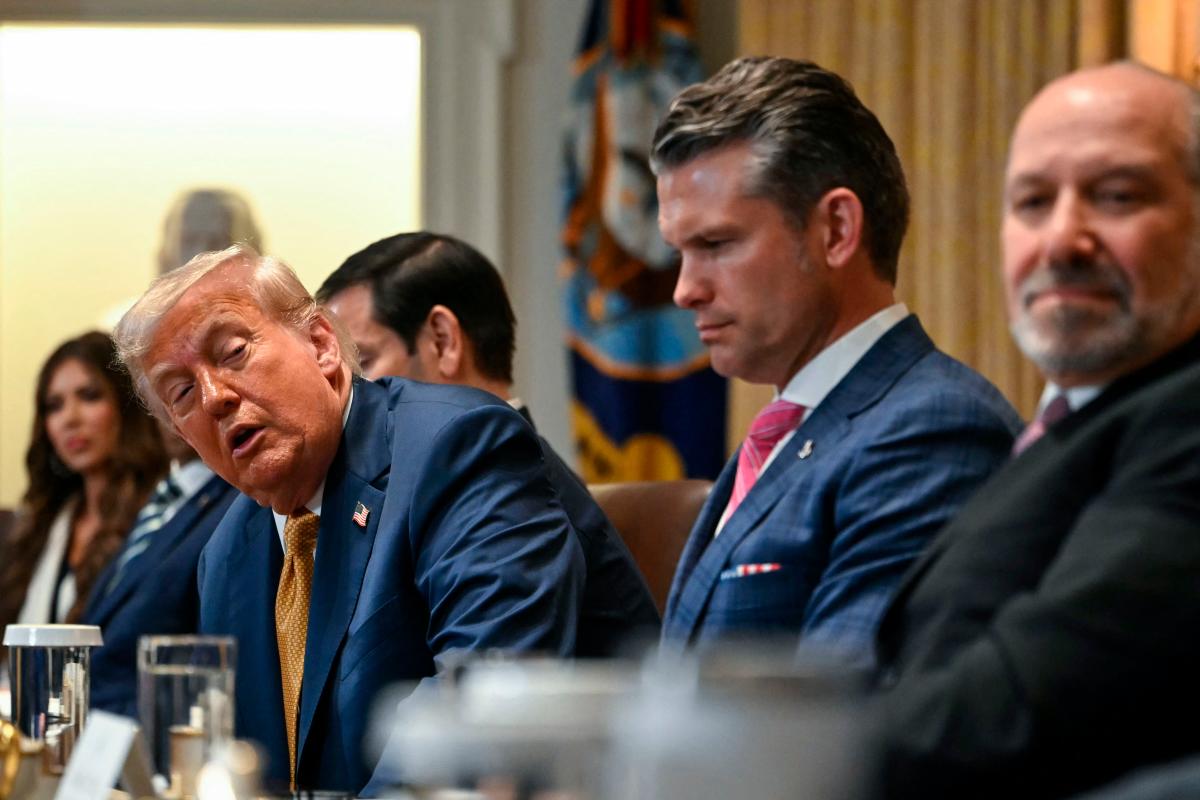PETALING JAYA: The Federation of Malaysian Manufacturers (FMM) has urged the government to act swiftly and decisively as a coordinated response to the United States’ decision to impose a 25% blanket tariff on most Malaysian goods entering the US market, with certain exemptions, from Aug 1.
FMM President Tan Sri Dato’ Soh Thian Lai warned that the new tariff risks further destabilising an already fragile industrial landscape, besides severely undermining export competitiveness and straining manufacturers.
“With strong government-industry collaboration, clear and timely policies, and bold structural reforms, Malaysia can preserve its manufacturing leadership, withstand short-term shocks, and chart a sustainable path forward,” said Soh in a statement today.
Soh said the announcement came as a surprise since intensive negotiations were ongoing between Washington and the Ministry of Investment, Trade and Industry (MITI) through the National Geoeconomic Command Centre (NGCC).
He said that the manufacturing sector is already burdened by a previous 10% tariff, along with rising costs from the expanded Sales and Service Tax (SST) and electricity base tariff hikes.
Soh said that feedback from manufacturers indicated the 10% tariff had already threatened the sustainability of export operations.
He added that many feared further hikes would lead to steep shipment declines and eroded profit margins.
He said that while critical products like semiconductors are exempt, supporting industries, such as suppliers of parts, machinery and services, remain exposed to significant disruption. He added that key export segments such as rubber products, textiles, furniture and industrial components will also be adversely affected.
“Although Malaysia’s initial proposed 24% tariff in April was lower than those of peers like Cambodia, Vietnam and Thailand, the new blanket 25% rate places Malaysia in a more punitive position,” said Soh.
He highlighted that Vietnam has negotiated a reduced 20% rate, while Singapore, Brunei and the Philippines were excluded entirely from the latest round.
FMM urged the government to intensify diplomatic engagement to secure a deferral or rollback of the tariff, citing Malaysia’s vital role in US and global supply chains. It called for the country’s compliance record, investment linkages and value-added contributions to be strongly asserted.
Domestically, FMM is pressing for targeted financial relief, export promotion and structural reforms to improve cost efficiency. Among its key demands is SST reform, including a business-to-business (B2B) service tax exemption for licensed manufacturers.
“The absence of a business-to-business (B2B) exemption mechanism means service tax is imposed on critical production-related services such as logistics, warehousing, leasing, and contract processing resulting in cascading tax effects that not only inflate production costs but ultimately pass through to consumers.
“This undermines tax neutrality, distorts input choices, and reduces Malaysia’s industrial and export competitiveness,” said Soh.
FMM proposed measures such as raising the Market Development Grant ceiling, waiving MATRADE fees for association-led trade missions, and supporting exporters in branding, certification and digital access.
FMM also recommended tax incentives for automation and digitalisation, a MADANI Manufacturing Digitalisation Grant for SMEs, and low-interest financing backed by workforce upskilling to accelerate Industry 4.0 adoption.
To harmonise regional responses to trade shocks and strengthen intra-ASEAN production links, FMM suggested the swift establishment of a National Supply Chain Council and a dedicated ASEAN Supply Chain Coordination Council under Malaysia’s ASEAN Chairmanship.
It further urged the government to fast-track the Malaysia-European Union Free Trade Agreement and pursue trade partnerships in Africa, Latin America and the Middle East to reduce overreliance on any single export destination and to reinforce Malaysia’s global competitiveness.









